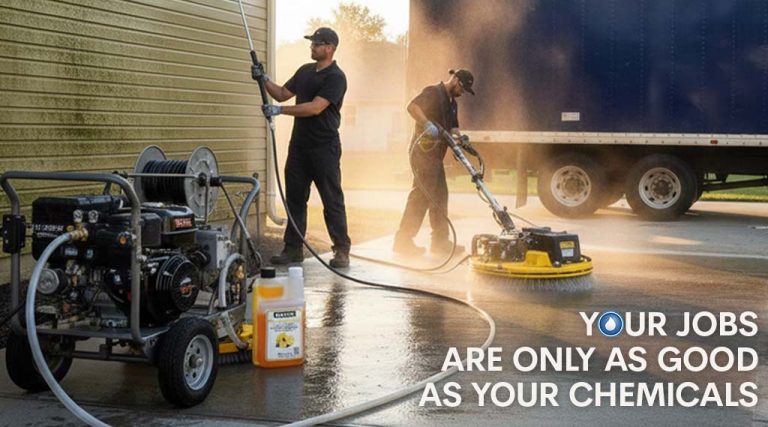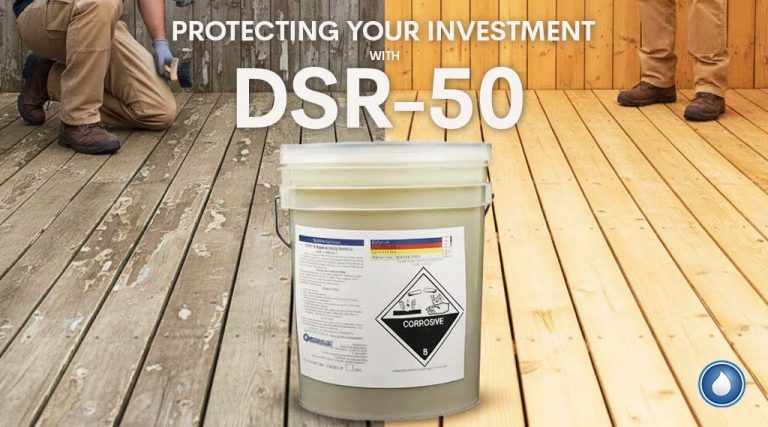Who Is the Ultimate Authority?
R.T. Leicht
The phrase “authority having jurisdiction” is, many times, misapplied. Too often, the term is believed to mean only the fire marshal or fire code official. And indeed, he is an authority having a specific jurisdiction. However, there are other authorities in the industry having a different jurisdiction. Their demands too need to be satisfied.
There are certainly cases where the demands by these varying authorities differ. That is not to say that they contradict each other. For instance, it is not a contradiction when the insurance company says that an extinguishing system needs to be serviced every four months and the fire official says it only needs to be serviced every six months. It is just that the insurance company is being more stringent. Their jurisdiction isn’t necessarily public safety … but underwriting profitability. Maybe their actuaries have proven that in small, family owned, non-franchised restaurants, malfunction of the extinguishing system has been noted as a contributing cause of many of their losses.
So how does the restaurant owner deal with this dilemma? The obvious solution is to service the extinguishing system every four months. By so doing, both authorities will be satisfied. But that is not the only alternative. Remember, the owner too is an AHJ; it’s just that his authority is limited. But his jurisdiction is dominant. The owner can certainly decide to have his insurance written by another insurance company. Or he can choose to discontinue the operation that requires the extinguishing system.
In contrast, what constitutes a contradiction would be where one authority requires a specific item or action and a different AHJ prohibits the specific item or action. For instance, if one requires that activation of a Carbon Dioxide extinguishing system automatically shuts-down the exhaust fan and the other one requires it continue to run.
Even the contractor/vendor can be considered an AHJ. He certainly has the authority to decide which “jobs” he chooses to NOT be involved in. Additionally, within his/her company’s limited scope (jurisdiction), they can impose requirements that are not otherwise required. For instance, an agreement may specify that ABC Company will service the restaurant owner’s equipment provided it is done at least every six months. This is usually noted in a contract. By so specifying, the ABC Company is, in essence, dictating a requirement. One specific case is where the vendor specifies a service frequency that is more stringent than other AHJs because his/her legal consultants recommend it as a means of reducing liability against the vendor. It may have little to do with better fire protection.
The following text appears in the Appendix of every NFPA Standard and Code:
“The phrase ‘authority having jurisdiction’ is used in NFPA documents in a broad manner, since jurisdictions and approval agencies vary, as do their responsibilities. Where public safety is primary, the authority having jurisdiction may be a federal, state, local, or other regional department or individual such as a fire chief; fire marshal; chief of fire prevention bureau, labor department, or health departments; building official; electrical inspector; or others having statutory authority. For insurance purposes, an insurance bureau, inspection department, rating bureau, or other insurance company representative may be the authority having jurisdiction. In many circumstances, the property owner or his or her designated agent assumes the role of the authority having jurisdiction; at government installations, the commanding officer or departmental official may be the authority having jurisdiction.”
About the Author: R.T. Leicht is the Senior Fire Protection Specialist in Delaware’s State Fire Marshal’s Office. He holds a Bachelor’s Degree in Fire Protection and a Master’s in Public Safety. He serves as a director on the executive board o f the Fire Marshals Association of North America and is also involved with NFPA on many levels including a principal on numerous technical committees.
This article appeared in the First Quarter 1999 edition of “The Scratch Pad”



